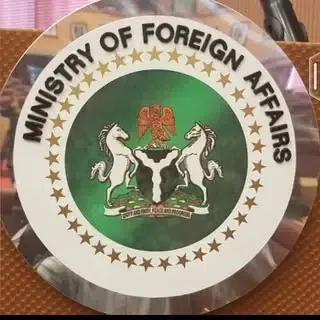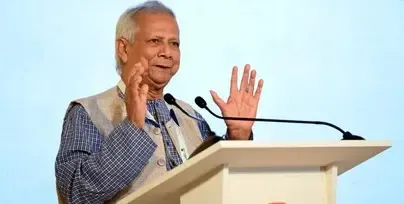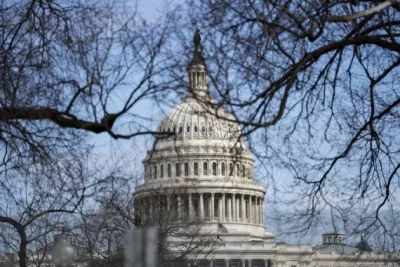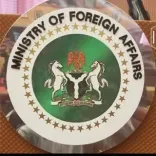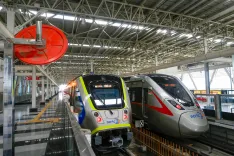What Did India and Gulf Cooperation Council Discuss Regarding the Joint Action Plan?
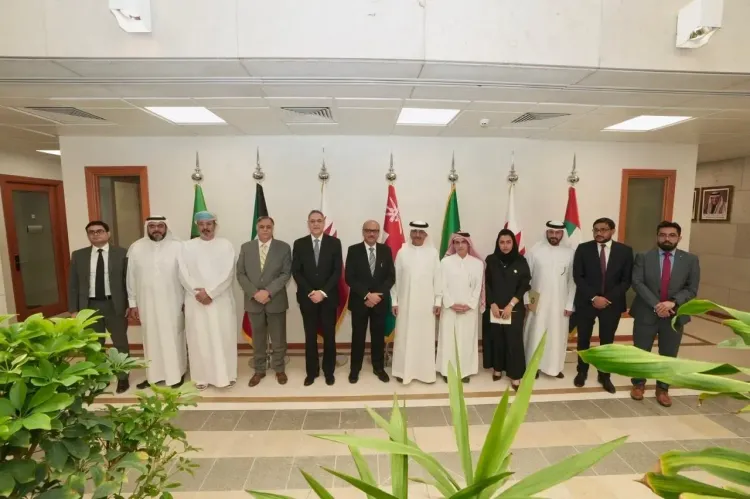
Synopsis
Key Takeaways
- Strengthening political dialogue between India and GCC.
- Focus on enhancing trade and investment ties.
- Significant role of the Indian diaspora in the GCC region.
- Importance of the India-GCC FTA.
- Joint Action Plan 2024-2028 adopted for collaboration.
Riyadh, September 8 (NationPress) - The discussions between India and the Gulf Cooperation Council (GCC) focused on enhancing collaboration across multiple facets of the India-GCC Joint Action Plan (JAP) for 2024-2028. This includes political dialogue, security, trade and investment, agriculture and food security, transportation, energy, health, culture, and education. The discussions took place during a two-day India-GCC Political Dialogue that concluded in Riyadh, Saudi Arabia, on Monday.
The Indian delegation, led by Arun Kumar Chatterjee, Secretary (CPV & OIA) from the Ministry of External Affairs (MEA), engaged in comprehensive discussions with Abdulaziz Aluwaisheg, Assistant Secretary General for Political Affairs and Negotiations of the GCC.
Throughout the meeting, both parties addressed regional and international matters of shared concern. Chatterjee was joined by Aseem R Mahajan, Additional Secretary (Gulf).
A separate bilateral meeting took place between Chatterjee and Raja M. Marzoqi, General Coordinator for Negotiations and Head of the Negotiating Team of the GCC. Both sides emphasized the significance of the India-GCC Free Trade Agreement (FTA) and agreed to initiate negotiations promptly. They also explored new pathways to strengthen trade and investment relations between India and the GCC.
The GCC, formed in Riyadh in 1981, includes Bahrain, Kuwait, Oman, Qatar, Saudi Arabia, and UAE, reflecting their shared interests, geographic proximity, similar political ideologies rooted in Islamic traditions, and common goals.
Historically, India and the GCC nations have enjoyed close and friendly relations, characterized by robust trade connections and strong people-to-people interactions. Recent years have seen these ties deepen across various sectors such as trade, investment, energy, health, technology, and cultural exchanges. Approximately 10 million Indians reside in the GCC region, contributing to a total trade volume of around USD 178 Billion in FY 2024-25.
The Secretary also participated in a special reception hosted by the Indian Embassy for the Indian diaspora in Saudi Arabia. During this event, he praised the Indian community for their vital role in bolstering bilateral relations between India and Saudi Arabia, as well as their significant contributions to the Kingdom's economic development. He expressed gratitude to the Saudi leadership for their support of the Indian diaspora.
Last year, External Affairs Minister (EAM) S. Jaishankar co-chaired the inaugural India-GCC Joint Ministerial Meeting for Strategic Dialogue with Sheikh Mohammed bin Abdulrahman bin Jassim Al Thani, the then-President of the GCC Ministerial Council and Prime Minister of Qatar. This marked the first Foreign Ministers-level meeting between India and the GCC.
The meeting resulted in the adoption of a Joint Action Plan 2024-2028, outlining various collaborative initiatives in sectors such as health, trade, security, agriculture, food security, culture, and energy. The parties also agreed to consider additional areas of cooperation within the Joint Action Plan based on mutual agreement.


